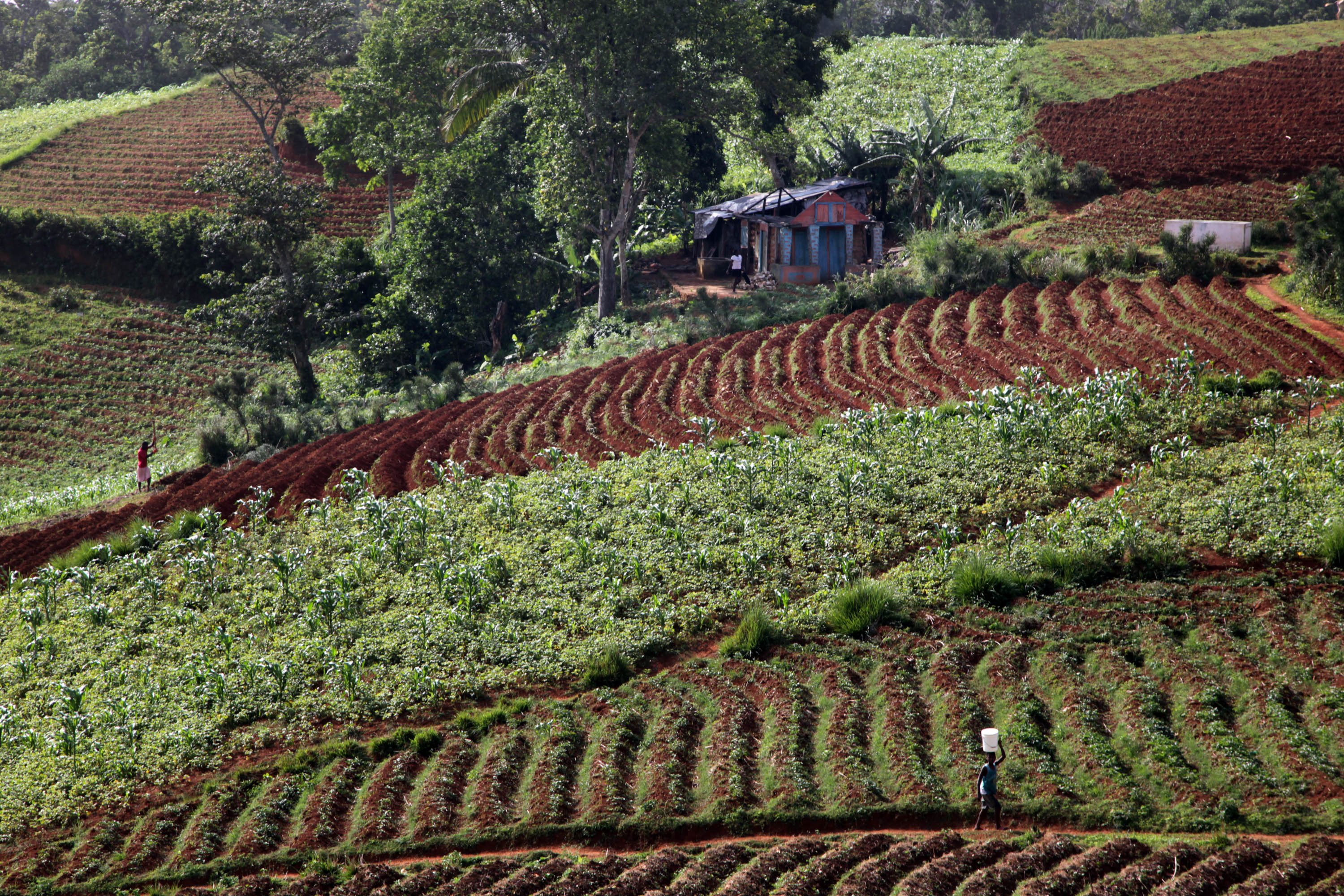United Nations Convention to Combat Desertification (UNCCD)
UNCCD is actively supporting countries to prepared for droughts by proposing action on three pillars:
Firstly, Early Warning Systems.
Declaring a drought too late can have a devastating impact on lives and livelihoods. Yet when you declare a drought it can often be very subjective and highly political.
countries would benefit from an effective Early Warning System (EWS) in all countries. The system would need good data and – equally important – local and traditional knowledge. UNCCD guides countries on developing national drought plans, provides timely information that you can be uses to reduce risks and to better prepare for an effective response.
Secondly, vulnerability and risk assessment
Of course, no amount of early warning will work without action to protect the most vulnerable.
Some people and some systems are more vulnerable to drought as a result of social, economic, and environmental factors. So it is important to combine better forecasts with detailed knowledge on how landscapes and societies respond to a lack of rain fall. Which communities and ecosystems are most at risk? Why are important sectors such as agriculture, energy, tourism and health vulnerable to drought, etc.
Finally, drought risk mitigation measures
We can identify measures to address these risks head on. Things that can be done at a very practical level to reduce drought risk, started right away and that deliver real and tangible benefits to your communities.
Countries could consider the development of sustainable irrigation schemes for crops and livestock or water harvesting schemes, you could boost the recycling and reuse of water, explore the cultivation of more drought tolerant crops, expand crop insurance schemes and establish of alternative livelihoods that can provide income in drought-prone areas.
This is the type of proactive drought risk management – that could save lives and the livelihoods of millions of people – for which UNCCD, with its partners, is engaged with




